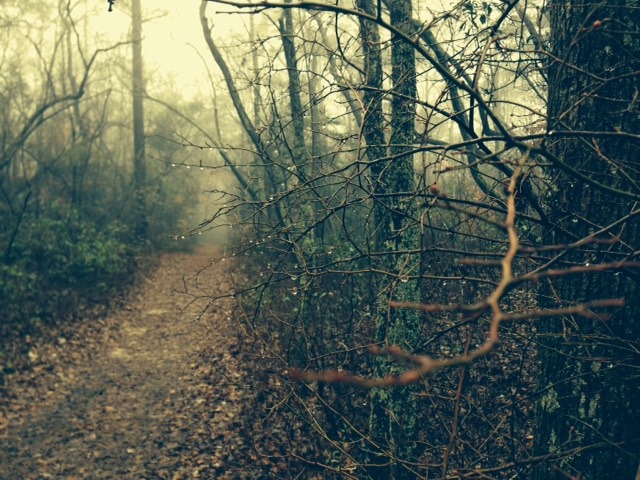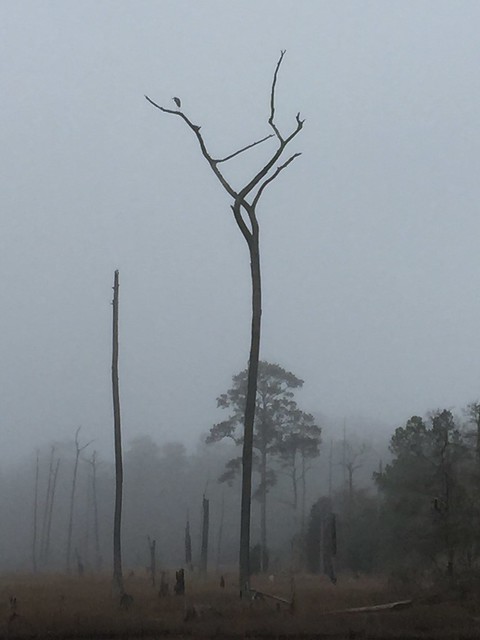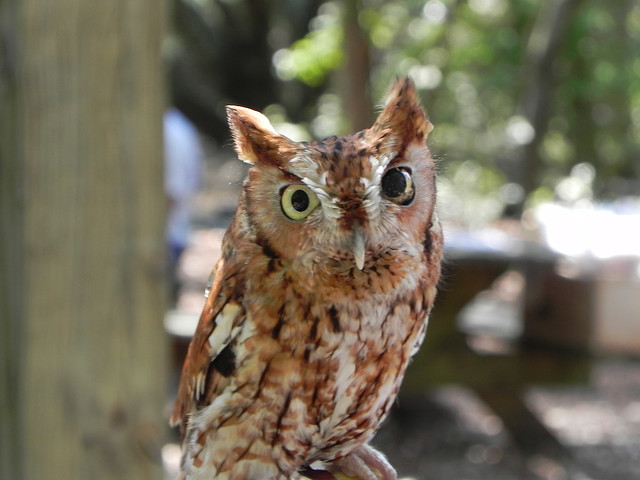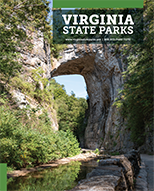Open fires are prohibited throughout the park from midnight to 4 p.m. through April 30 per the 4 p.m. Burning Law. This includes wood and charcoal. Gas is permissible. Campground fires are allowed during the restricted time if a camp host is on duty and signage to that effect is posted in the campground. Failure to observe the 4 p.m. Burning Law can result in a fine. Contact the Park Office for additional information.
Read Our Blogs
Winter Wildlife in First Landing State Park
Shared by Tara Cheezen, Education Specialist, as Guest Blogger.
As winter trudges on First Landing State Park remains an oasis of life and activity. Many of our wild inhabitants remain in the park through winter and can be spotted along the trails. While most of our amphibious and reptilian residents' hideaway for the cold months of winter, many birds and mammals remain active and visible for the observant visitor.
During the winter months inhabitants remain in the park and can be spotted along the trails
Along the marshes on Long Creek and Osprey Trails, Great Blue Herons can be seen wading through the water and along the shoreline in search of food. As the temperature drops, their diets shift from fish to small rodents. Usually seen alone, Great Blue Herons are solitary foragers. Although as winter comes to an end, many Great Blue Herons will nest in large colonies in trees.
Blue Herons can be seen wading in the marshes or nesting on trees
If you prefer a hike in the dune forests within the park, you may encounter a Great Horned Owl or a Screech Owl. These birds spend their winters in the park finding mates and nesting in tree cavities and abandoned nests from other birds. Hike along the Bald Cypress, Fox Run, and Osmanthus Trails just before the park closes at dusk for a chance to encounter an owl as it awakes and begins its search for food through the night.
In the dune forests within the park, you may encounter a Great Horned Owl or a Screech Owl
Many of our mammals remain active in the park through the winter, including squirrels and foxes. Our most elusive resident and largest mammal, the bobcat, also remains active in the park through winter. Although rarely seen, these small felines prowl the woods in search of food year round.
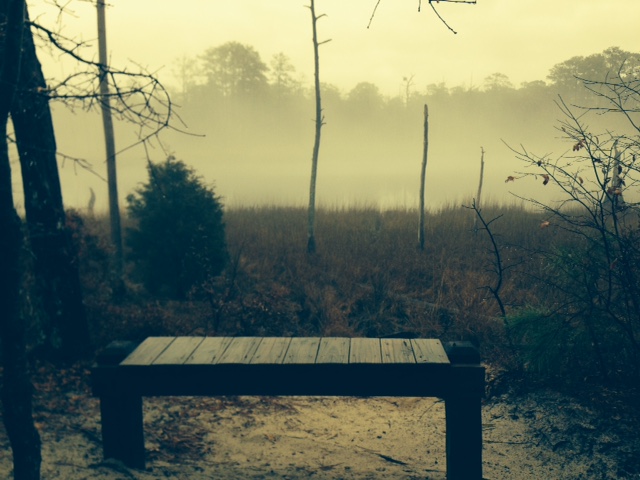 Come visit First Landing State Park and be sure to stop by our Trail Center to let us know what wildlife you meet on the trail
Come visit First Landing State Park and be sure to stop by our Trail Center to let us know what wildlife you meet on the trail
For directions or other information about First Landing State Park click here.
If you have read the article and have a question, please email nancy.heltman@dcr.virginia.gov.
Search for blogs
By Park
Categories
Cabins
Camping
Fishing
History and Culture
Other
Programs and Events
Trails
Volunteers
Water Fun
Archive
2024
2023
2022
2021
2020
2019
2018
2017
2016
2015
2014
2012

